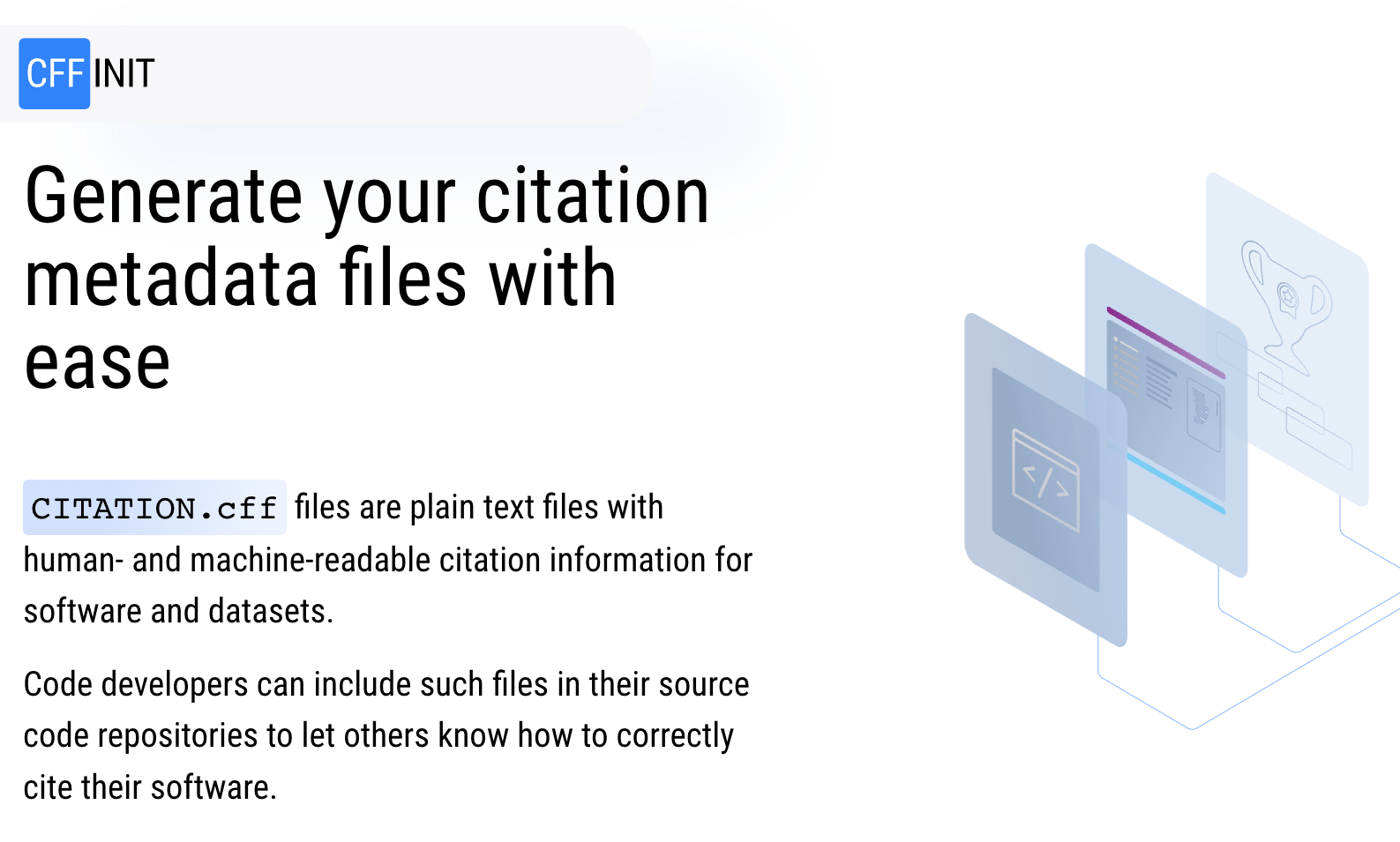The Importance of Software Licenses
Code is Speech.
Copyrightable creative work.
even if you don't write "copyright" anywhere
Copyright owner decides who can use the work and how.
There are a few exceptions to that rule:
- multiple people created the work together, then they are all considered owners of the copyright as long as they intended for their contribution to be combined in that way (e.g., AstroPy Collaboration)
- someone created the work in the course of their employment - the employer is probably the owner
- Government employee - the work is not subject to copyright protection!
Only the copyright owner can give legal permission for others to copy, modify, or distribute the work.
This is what licenses are.
When you don't specify a license, you still own the copyright, but what people can legally do with your code is ambiguous.
I put my code online for free.
Isn’t it obvious that people can use it?
Unfortunately, no. Copyright law is very specific.
Implied licenses are difficult to establish.
Many people and companies will not use software that doesn't have a license.
It also makes it challenging for people engaged in software preservation to legally save and later distribute your code.
Do I have to choose an existing license?
Please, please, please choose an existing license rather than writing your own or doing anything weird.

"tqdm’s source code is OSS, and all versions are archived at the DOI 10.5281/zenodo.595120. The primary maintainer Casper da Costa-Luis releases contributions under the terms of the MPLv2.0, while all other contributions are released under the terms of the MIT licence (tqdm developers, 2019b)."
"tqdm’s source code is OSS, and all versions are archived at the DOI 10.5281/zenodo.595120. The primary maintainer Casper da Costa-Luis releases contributions under the terms of the MPLv2.0, while all other contributions are released under the terms of the MIT licence (tqdm developers, 2019b)."
Not OK.
You don't need to choose an MIT License to make your work legally open.
It's great and many people do but that could also be somewhat driven by the fact that it's the first option on GitHub.
Note: Creative Commons Licenses are not intended to be used on code.
Is there an "open source" license that prohibits commercial use?
No!
-
Free Redistribution
-
Source Code
-
Derived Works
-
No Discrimination Against Persons or Groups
-
No Discrimination Against Fields of Endeavors
-
License Must Not Be Specific to a Product
(how it's distributed doesn't matter)
Open Source Licenses have many qualities, but these are the ones I usually remind people of:
Can I make people cite my code?
You can specify a boilerplate copyright notice and go with something like an attribution assurance license, BUT citation is a cultural construct adjudicated by publishers.
You can't make people cite you.
That said, you should absolutely ask people to cite you!
It's best practice to also archive a copy of your code and include the code's DOI in the citation file.
Putting a citation requirement in your actual license is not recommended.
People might want to use your work in a context where there won’t be a resulting publication or citations won't apply.
Putting your citation requirements in your license may even impede software preservation, since that’s a use that doesn’t directly result in scientific writing.
Modifying a standard license can also lead to decreased usage of your software.
What about Fair Use?
If you want to reuse software that doesn't have a license, and you have contacted the authors and they have not specified a license, can you still reuse the code?
Fair use doctrine allows individuals to use a copyrighted work without permission from the copyright owner.
What counts as Fair Use?
Things to consider:
- the purpose and character of the use, including whether such use is of a commercial nature or is for nonprofit educational purposes;
- the nature of the copyrighted work;
- the amount and substantiality of the portion used in relation to the copyrighted work as a whole; and
- the effect of the use upon the potential market for or value of the copyrighted work.
Copying, modifying, or sharing computer programs for research purposes can qualify as fair use, but this is determined on a case by case basis.
Courts have said fair use permits users to copy software in order to study how it works and create new compatible or interoperable technologies.
That said, copying or sharing proprietary software so it can be used by a colleague for its original purpose is very unlikely to be a fair use.

We wrote a guide about all of this!


